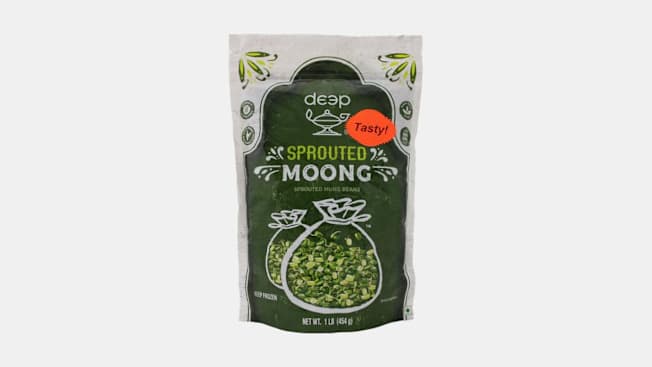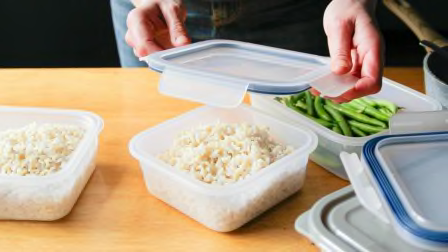Deep Brand Frozen Sprouted Beans Recalled After Link to Salmonella Outbreak
The Sprouted Mat (moth beans) and Sprouted Moong (mung beans) were sold nationwide

Eleven people across 10 states have become ill with a strain of salmonella that matches a strain found in two frozen sprouted bean products, Deep brand Sprouted Mat (moth beans) and Deep brand Sprouted Moong (mung beans), according to an announcement about the outbreak by the Food and Drug Administration.
Both products have been recalled by the manufacturer, Chetak LLC Group. Four people have been hospitalized. No deaths have been reported. Salmonella can cause serious and sometimes fatal infections in young children, people who are older, and anyone with a weakened immune system.
The Risk of Salmonella
Salmonella sickens an estimated 1.35 million people per year, according to the CDC. While most otherwise healthy people recover on their own from symptoms that can include diarrhea, stomach cramps that may be severe, headaches, nausea, and vomiting, people at high risk may experience a more serious infection that can spread into the bloodstream.
If you have a fever higher than 102°F, diarrhea for more than three days, bloody diarrhea, cannot keep liquids down, or have severe dehydration, seek immediate medical attention.
Symptoms can start anywhere from six hours to six days after becoming infected, and last up to seven days.




